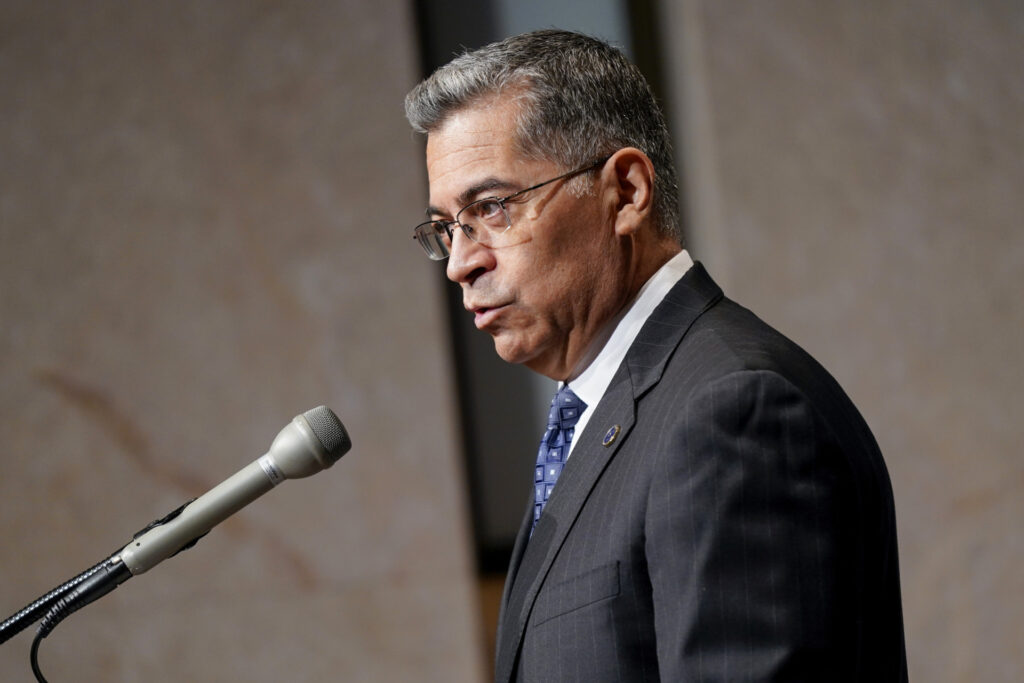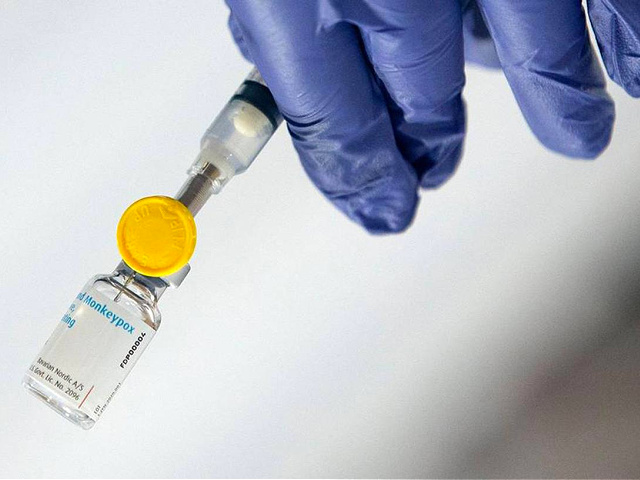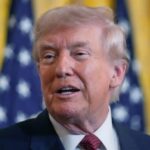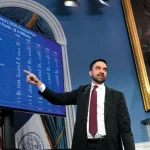
The Biden administration’s failures to adequately handle the monkeypox epidemic have drawn criticism from lawmakers of various political persuasions.
Last week, the World Health Organization (W.H.O.) declared a global emergency over monkeypox, which appears to primarily be affecting men who have sex with men in the United States. On Friday, the Centers for Disease Control (CDC) cited 2,600 confirmed cases, which may not accurately reflect the gravity of the situation due to a lack of testing.
As CNN recently reported, the U.S. Department of Health and Human Services says the “number of monkeypox vaccine doses distributed across the United States has more than tripled since last week,” but the supply from the Biden administration has continued to fall short of the demand. Last week, as many as 132,000 doses of the two-dose Jynneos vaccine were distributed across the nation — not nearly enough to meet the current demand.
According to the Hill, lawmakers from both sides of the aisle have since been calling on Health and Human Services Secretary Xavier Becerra to lay out a more detailed plan on how the administration plans to handle the outbreak. Sen. Richard Burr (R-NC) called the administration’s response “disturbing” in a letter to Becerra.

Health and Human Services Secretary Xavier Becerra speaks June 28, 2022, in Washington. (AP Photo/Patrick Semansky, File)
“The administration has the tools and authorities necessary to combat these threats. Your failures to act are a threat to public health, and especially for gay and bisexual men who are at highest risk,” wrote Burr. “The government failed this population at the beginning of the HIV/AIDS epidemic, we should not fail them again.”
Sen. Patty Murray (D-WA) and Rep. Carolyn Maloney (D-NY) both sent similar letters to Becerra critical of the administration’s response while 50 House Democrats issued their own letter to President Joe Biden urging him to declare a public health emergency.
“Doing so would make available a number of authorities to accelerate the federal response and tap into additional resources to procure vaccines and distribute them swiftly across the country,” they wrote.
Last Thursday, the HHS simply released a data sheet on the administration’s response to the monkeypox crisis while giving no indication about any future briefings.
“Over the coming days and weeks, HHS will continue to strengthen and accelerate its strategy on combatting monkeypox and work closely with public health officials and stakeholders in high-risk communities to get vaccines, testing, and treatments out to communities across the country,” said the department.
The department also said that testing for monkeypox has steadily risen to 80,000 per week.
In a press briefing on Friday, the White House said they will be seeking to expand access to vaccines and antivirals while Coronavirus Response Coordinator Ashish Jha responded to some of the lawmakers’ concerns.
“We have been leveraging all the resources at our disposal since the earliest days of this outbreak,” Jha said.
Jha noted that over 300,000 doses of the vaccines have been shipped, and many more doses are expected to arrive from Denmark in a few weeks.

A nurse prepares the Monkeypox vaccine at the Pride Center at Equality Park in Wilton Manors, Florida, on Tuesday, July 19, 2022. (Al Diaz/Miami Herald/Tribune News Service via Getty Images)
“Both CDC and FDA have been working very hard to streamline that process for accessing treatment to make it easier for clinicians to order it … to get it for their patients. That is ongoing work but it’s going to continue to accelerate,” said Jha.
Jha also said the White House has been discussing whether or not to declare a public health emergency.
“We’re looking at that, looking at what are the ways in which the response could be enhanced, if any, by declaring a public health emergency,” he said. “I think with public health emergencies, it’s always important to sort of ask very specific questions about what exactly would that allow us to be able to do differently than we’re doing now. And would that make it easier to be able to respond to this outbreak? So, I will just say there’s no final decision on this that I’m aware of.”






